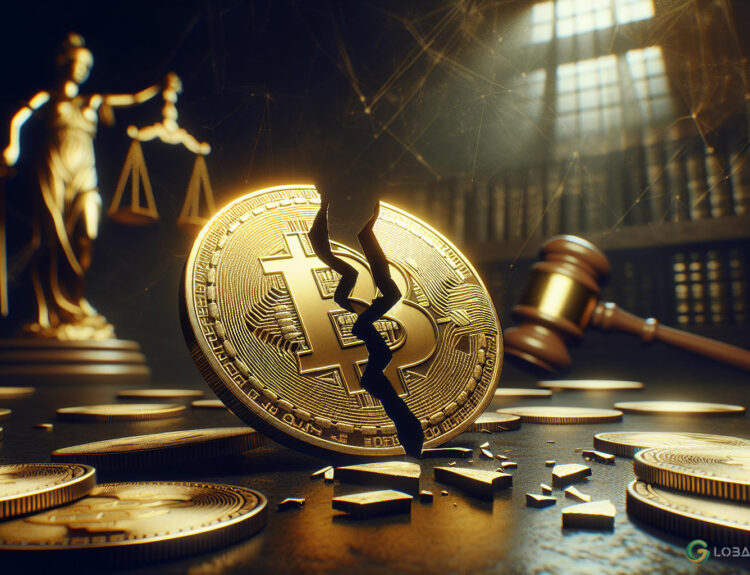Ethereum (ETH) co-founder Vitalik Buterin has voiced his concerns regarding cryptocurrency regulation in the United States.
During a recent discussion on Warpcast, Buterin noted that the current regulatory framework encourages the development of projects that make vague promises of returns without substantial backing. He emphasized that if crypto returns and rights are classified as securities, the focus should shift toward creating tokens that retain or increase in economic value.
Buterin further highlighted the need for genuine collaboration between regulators and the crypto industry to achieve this shift.
The conversation started on June 28 when Jason, a member of the Ethereum Foundation, posted on Warpcast. He reflected on a tweet Buterin posted in 2022 during the debate on Sam Bankman-Fried’s proposed frontend regulation.
In the tweet, Buterin suggested several regulations for decentralized finance (DeFi) platforms to minimize opportunism and enhance safety. These included:
- Limits on leverage
- Transparency about audits or other security checks on contract code
- Usage gated by knowledge-based tests instead of net-worth minimum rules
Jason reiterated his belief in the value of these regulations and invited Buterin to share his current views on the topic. He also proposed a popup displaying the current tokenomics breakdown of a coin before a swap, with links to Etherscan to show how top holders acquired their coins.
Responding on June 29, Buterin pinpointed the core issue with U.S. crypto regulation. He criticized the phenomenon where projects offering vague promises face little scrutiny, while those providing clear information about returns and rights are often classified as securities and subjected to stricter regulations. He termed this an “anarcho-tyranny” detrimental to the crypto space.
The main challenge with crypto regulation (especially in the U.S.) has always been this phenomenon where if you do something useless, or something where you’re asking people to give you money in exchange for vague references to potential returns at best, you are free and clear. But if you try to give your customers a clear story of where returns come from, and promises about what rights they have, then you’re screwed because you’re “a security.”
Buterin also called for a regulatory environment where issuing a token without a clear long-term value proposition is riskier. He believes that providing a transparent long-term outlook and adhering to best practices should offer safety for crypto tokens. Achieving this requires genuine engagement from both regulators and the industry.
Buterin’s comments followed a U.S. judge’s June 28 decision to dismiss the SEC’s claim that secondary sales of Binance’s BNB token qualify as securities. This ruling was influenced by the SEC vs. Ripple case, where the economic reality of transactions was emphasized in applying the Howey Test. The judge ruled that secondary sales of Binance Coin do not qualify as securities, marking a significant win for crypto traders.
For more updates and in-depth news on cryptocurrencies, investing, and finance, stay tuned to Global Crypto News.























